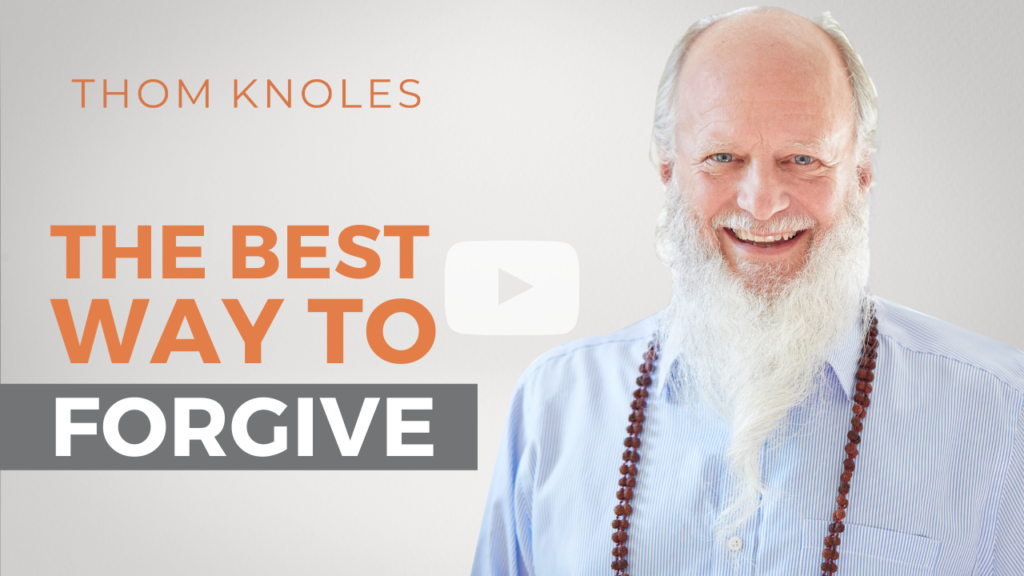When was the last time you felt ‘triggered?’
“Trigger” is a word we use when stimuli in our environment bring up unresolved past stress. We can deal with these old stressors in 5 ways:
- Repress and ignore them
- React and act out about them
- Focus on fixing them in ourselves
- Forgive but still keep the uncomfortable memories and emotions
- Forget entirely and shift our focus to more relevant topics.
Repression
We know that repressing emotions and stress forces our bodies to hold dissonance. What was not resolved in the emotional body or mental body will often appear in the physical body as an ailment, or as an imbalance.
Reaction
Similarly, reacting to the stress only flares emotion toward an unrelated stimuli: the trigger itself, or our colleagues and family. Reacting only keeps the stress locked in place, since we’re not addressing the root of the issue – the original stressor. We can only make a bigger mess of unresolved stress when we react.
Fixing triggers Ourselves
Though personal development is a valuable tool for our evolution, it can also become a trap. Our attention can move from any relevant topic to obsess over fixing and improving ourselves. If we start to believe we can force all emotions and stressors we don’t like to go away, we’ll be off on a wild goose chase. Stress cannot be forced from the body, and in fact continued resistance only causes the stressor to persist in our attention… louder, and louder, and louder.
Forgiving
Forgiveness is the beginning of access to transcend past hurts. Certainly there may be grieving or amends to make with others to complete, and that is important. We don’t want to step over dysfunction. The common conception of forgiveness, though, is to say ‘I forgive you’ and then still hold on to the dislike or past hurt.
True forgiveness brings absolute totality into practical application: it learns from the experience but erases it from all judgments and expectations. It returns us and the other party to our unity state of oneness or love.
Forgetting
This is where forgetting comes into play: the best way to transcend past hurts is to forget them. They are no longer relevant to our continued evolution. We stop making the hurts of the past carry meaning for our present experience or for our future in any way.
This forgetting doesn’t come from righteousness or nobility… it comes out of an urgency to put our attention only on what is relevant to our evolution and that of humanity.
In the video below, Thom talks about why forgetting past hurts is essential to make our greatest contribution. He lists a few dire problems the world now faces that are much more urgent and relevant than our past squabbles and griefs.
As we become more and more one with our true state of totality, we will discover compassion for that which once hurt us and perspective on what actually matters. Climate change and the loss of cities to the rising oceans becomes more relevant than an old grudge.
Can we forget our past hurts and rise up to address the relevant issues of today?
It will happen naturally as we continue to practice Vedic Meditation, and experience totality consciousness a little bit more each day.
Jai Guru Deva

